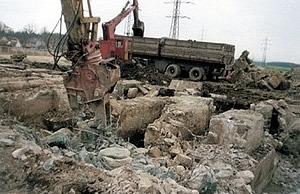ÖKB – Market Analysis – Remediation of Contaminated Sites – Czech Republic
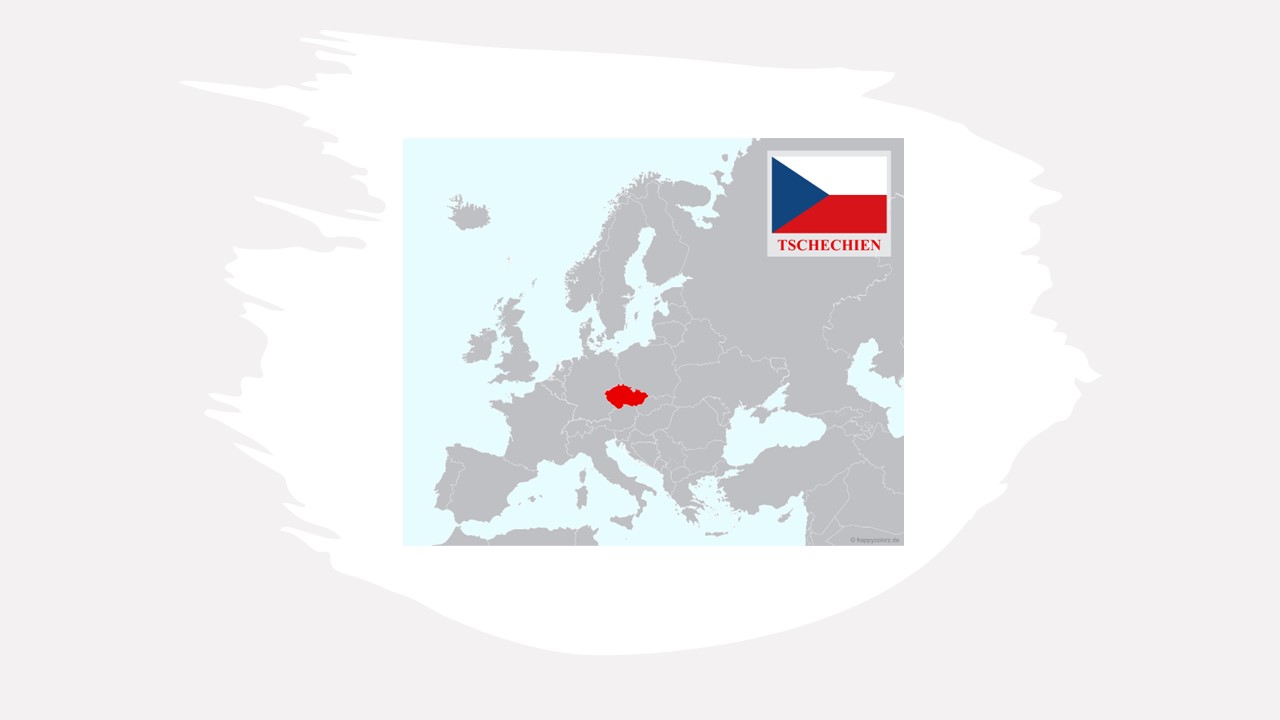
This market study was finished in July 2000 and was financed by the Austrian Ministry of Finance, within the framework of the Austrian export study fund being managed by the Austrian Control Bank (OeKB), department “project analysis”.
With BLUESAVE as consortium leader, experts from partner companies were also in the team (KWI Project Development & Consulting, Vienna, Austria, BIJO TC a.s., Czech Republic, AQ-test s.r.o., Czech Republic).
The study targeted at identifying special market segments and competitive advantages for Austrian companies working in the field of rehabilitation of contaminated sites including restructuring and development of industrial zones.
The main work packages were:
- Analysis of the legal structures
- Analysis of economical and social background conditions
- Analysis of the Czech market
- Analysis of the Austrian supply side
- Analysis and assessment of the market potential in the defined potential sectors
- Identification of projects and potential investors
As the Czech National Property Fund, a state institution, plays a major role in the remediation of contaminated sites in the CR, its internal administration and functions were described in detail.
Additionally, decision makers of Austrian companies and institutions in the sector were introduced to key stakeholders in the Czech Republic.
Altogether, 20 identified projects were presented; the study comprises a compendium of maps and plans of industrial sites to be rehabilitated in the near future.
Finally, the study also comprises a recommendation for a strategic market entry for Austrian consultants as well as suppliers, engineering companies and operators of waste management facilities, with short, medium and long term perspective.
„Deserted industrial zones in CEEC not only need environmental impact assessment but also intensive socio-economic consideration. We can learn from successfully implemented programs against commercial blight syndromes in the US and in EU countries, but will still have to adapt them to the special situation in CEEC.”
In diesem Projekt erbrachte Leistungen
Projekte mit ähnlichem Leistungsbild
-
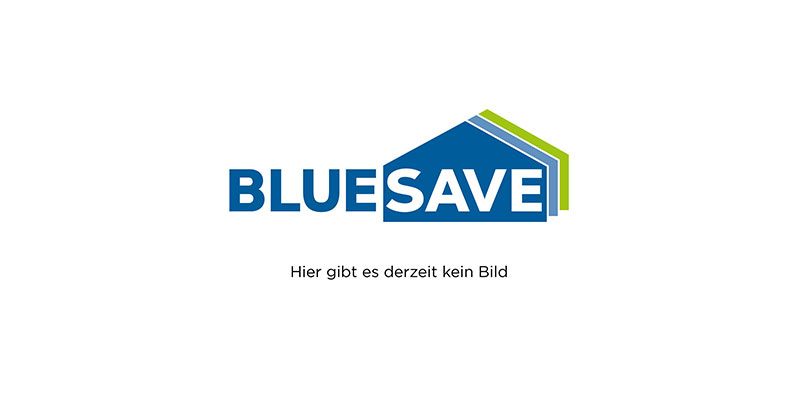
ALTENER – Geothermal Power Potential in Europe
-
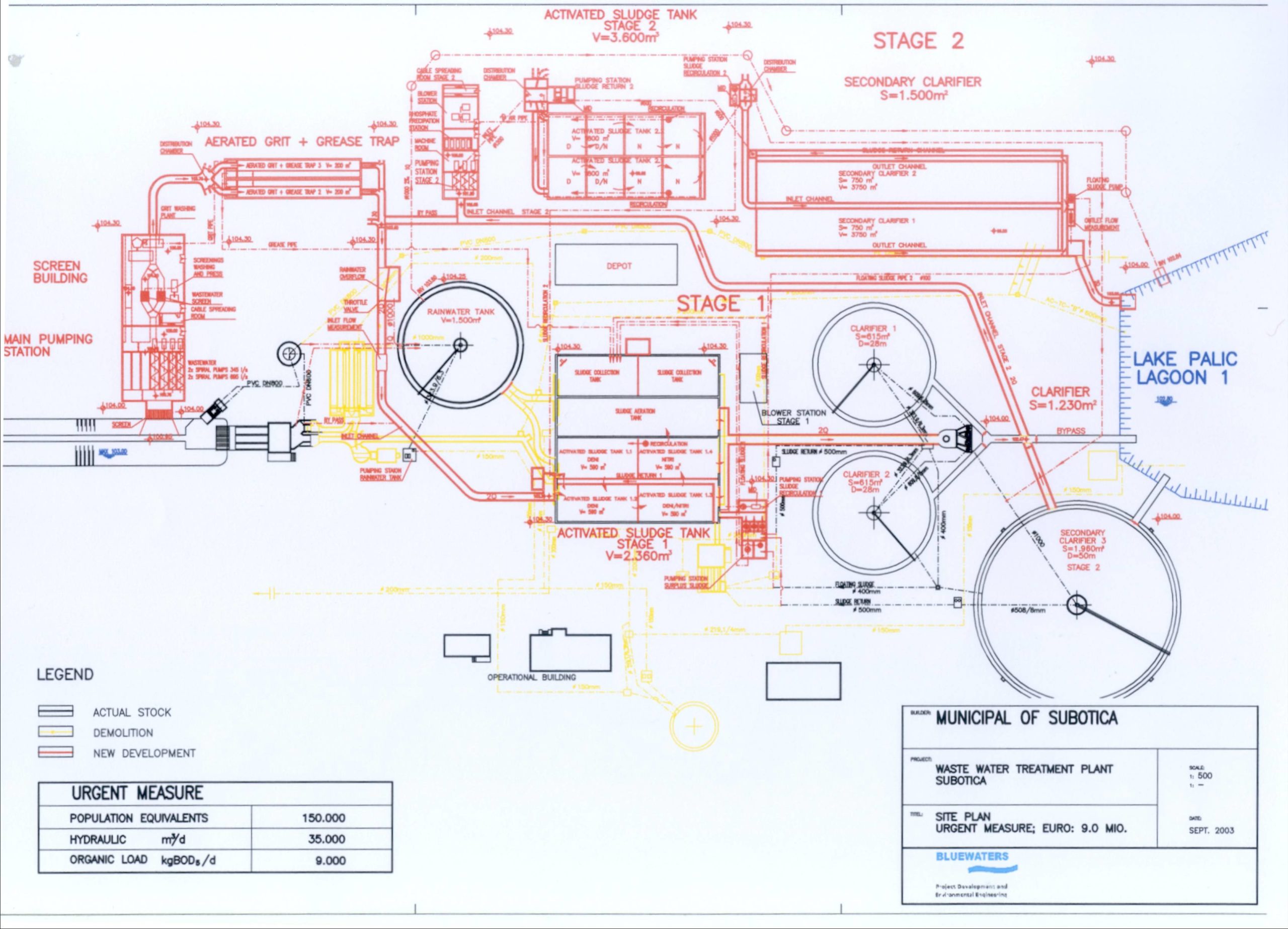
AEV Graz - Waste Management Study Vojvodina - Serbia
-
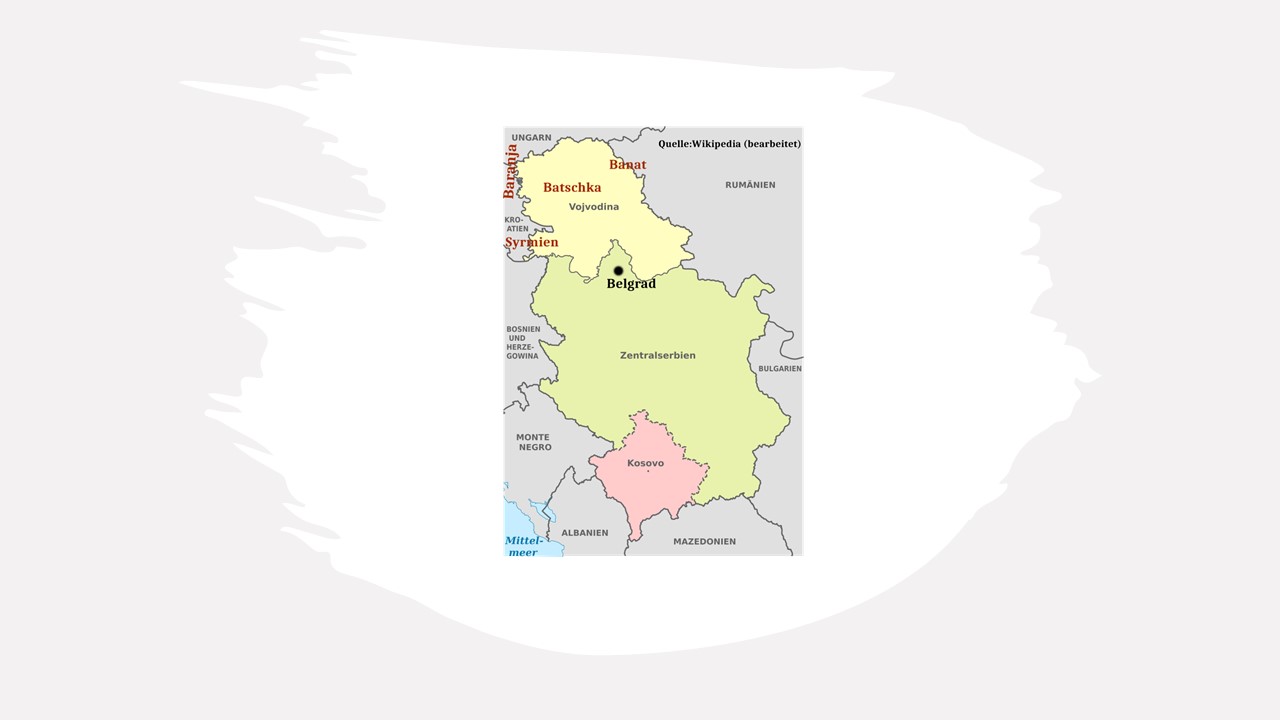
ADA – Development Partnership for Biogas in Voivodina, Serbia
-

ADA – Development Partnership for Biodiesel in Voivodina, Serbia
-

ÖKB - Market Analysis – Remediation of Contaminated Sites – Slovak Republic
-

ÖKB - Market Study on Agro-Industrial Supply Chains in Vojvodina, Serbia
-

ÖKB - Waste Water Treatment Master Plan for Southern Moravia – Czech Republic
-
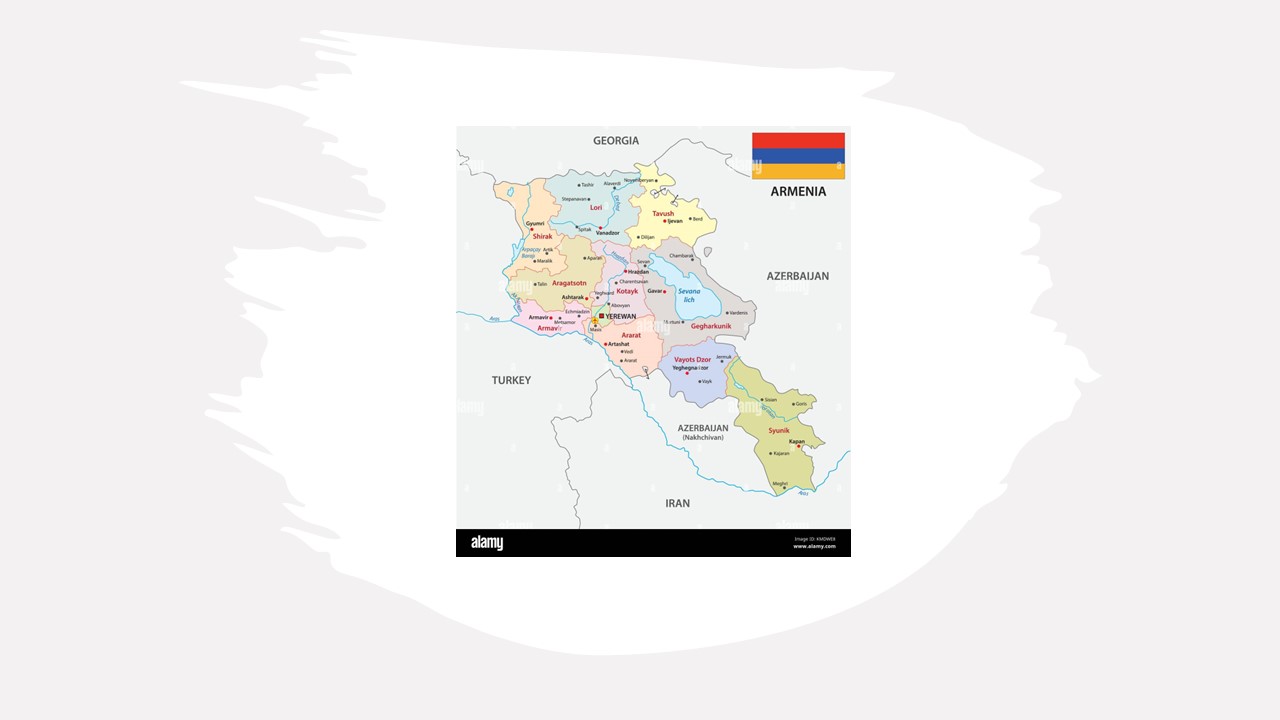
EBRD - ARMSEFF - Armenia Sustainable Energy Finance Facility
-

EBRD - UKEEP - Ukraine Energy Efficiency Project
-
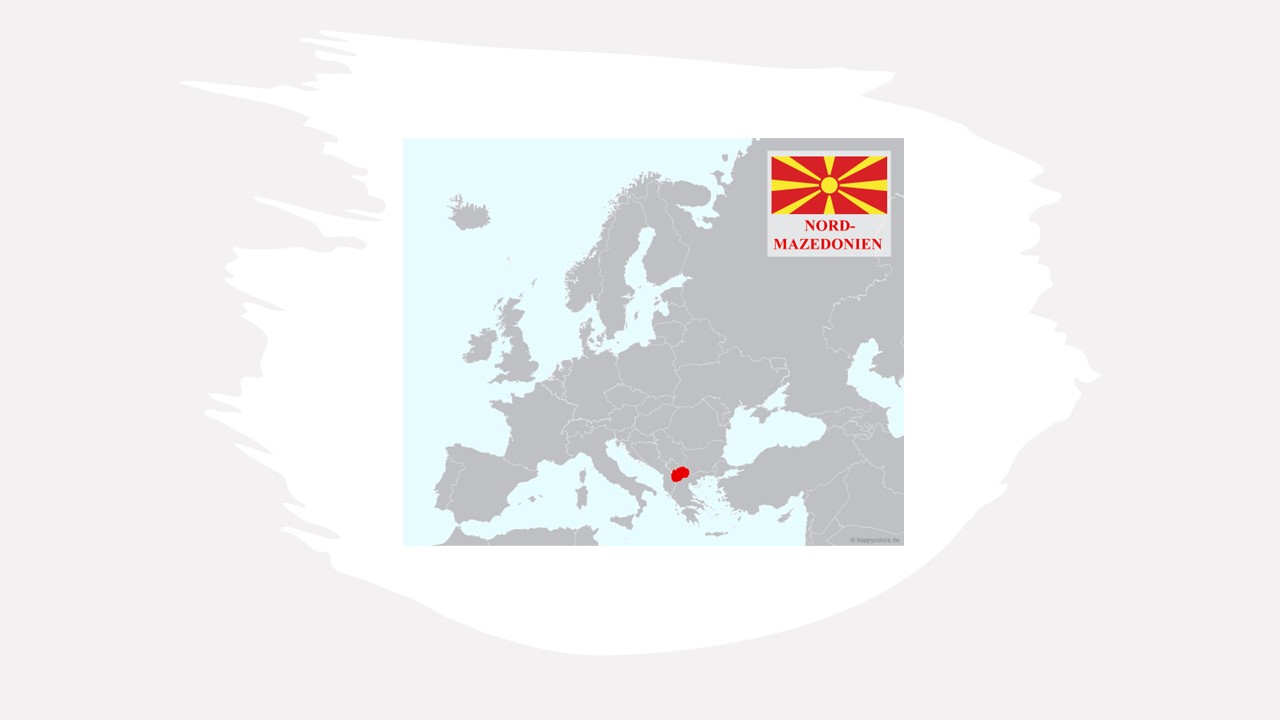
Environmental Audit for a Steel Mill in Skopje, Northern Macedonia
-

IFC - RECAN - Used Beverage Cans (UBC) Supply Network Development
-

INTERREG - UTN - Treating the Sludge of Belgrade’s Stormwater Drainage System
-

INTUSER - Information Network on the Technology of Utilisation and Sustainability of Energy Resources
-

Market Analysis for Private Water Sector Engagement in Bulgaria
-

PROBIOBALKAN
-

PRODESTS - Promotion, Demonstration and Development of Sustainable Environmental Technologies for SMEs
-

Study on Regional Drinking Water Supply of the Voivodinian Region – Serbia
-

WohnMODELLmitZukunft - Wir denken in Generationen
-

ÖKB - Marktstudie zur Energieeffizienz und Erneuerbaren Energiequellen in der Vojvodina - Serbien





